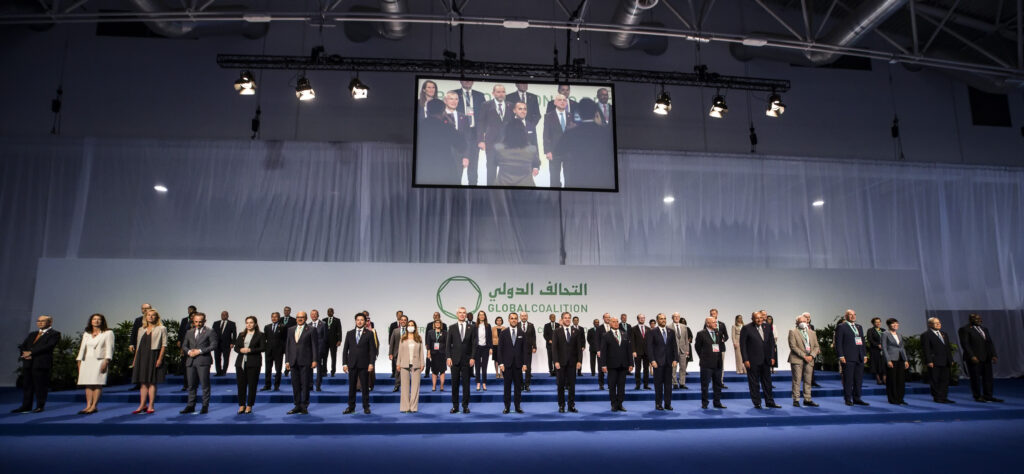Brussels – The terror alert in Europe is rising again, with EU member states now uneasy about Daesh and a possible new season of Islamist attacks. The alarm is there, and states are doing nothing to hide it. Indeed, they even put it black and white in the press release accompanying the political decision to strengthen cooperation in the fight against terrorism not only among the Twenty-seven, but especially with third countries.
“The Council notes with great concern that the ability of Daesh Khorasan Province (ISKP) to inspire and conduct external operations, including in Europe, is growing,” the foreign ministers acknowledged at the end of the meeting held in Brussels.

The threat is global. On the one hand, they look to Asia because Isis-Daesh is based in Afghanistan and “present in neighbouring areas.” The problem is that Afghanistan is now under the control of the Taleban, and the EU is having a hard time dealing with them. A difficult interlocutor, and talking to the government for security reasons means recognizing the Islamic regime.
Moreover, against this backdrop, the EU Council emphasizes how “the ongoing crisis in the Middle East is driving radicalization around the world” with all the related fallout—starting with the region. That is why the gathering of foreign ministers confirms “the EU’s unwavering commitment to the fight against terrorism in Iraq and Syria.” A non-random reference to the country just liberated from former President Bashar al-Assad, but by forces—the Islamist Hay’at Tahrir al-Sham (HTS) militia—that the EU recognizes as a terrorist organization. EU wants to work on stabilizing Syria, more out of fear of migrants marching to Europe than for the values so much flaunted in recent months.
It is precisely the migration issue that also fuels renewed fears for the continent on the southern shore of the Mediterranean. “The terrorist threat in Africa is increasing, with Da’esh, al-Qaeda, their affiliates and other non-state actors exploiting local conflicts and social, political, and economic fragility,” warned the ministers, who stressed that “of particular concern is the deteriorating security situation in the Sahel, with spillover effects on the West African coastal states and potentially on North Africa.”
English version by the Translation Service of Withub




